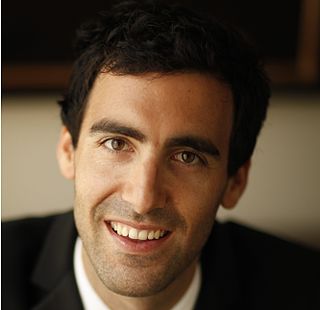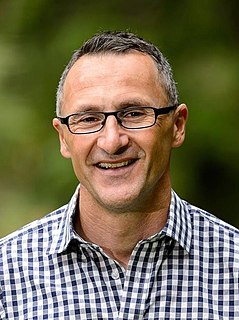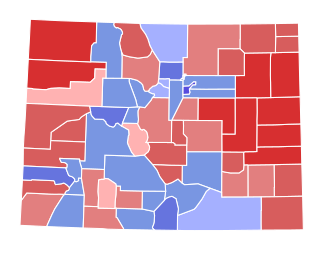A Quote by Jeff Dean
Health care - the ability of neural networks to ingest lots of data and make predictions is very well suited to this area, and potentially will have a huge societal impact.
Related Quotes
The important thing to know about playing to win and playing not to lose is that there are actually different neural networks that are being used. It's not very easy to do both at the same time and, if you are trying to have a playing to win mentality, you're going for it, there's some things that trip you up or trigger the wrong neural network. If you start worrying about your mistakes all of a sudden, if you get too focused on the facts and the details, these are going to shift your neural networks and sort of screw up your strategy.
I just thought making machines intelligent was the coolest thing you could do. I had a summer internship in AI in high school, writing neural networks at National University of Singapore - early versions of deep learning algorithms. I thought it was amazing you could write software that would learn by itself and make predictions.
I've obviously come from a health background. I was a doctor before I became a pollie and one of the things I'd like to do is to really build on the world-class health system we've got. I'm passionate about climate change because it's also a health issue. Things like extreme weather impact on people's health, the ability of our hospitals to cope, the impact on mental health, on farmers in regional areas - they're all serious health concerns.
The chronically ill and those toward the end of their lives are accounting for potentially 80% of the total health care bill out there. There is going to have to be a very difficult democratic conversation that takes place. The decision is not whether or not we will ration care. The decision is whether we will ration with our eyes open.



































